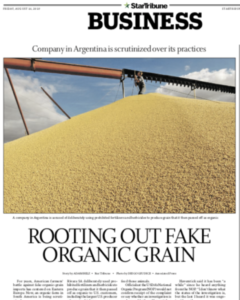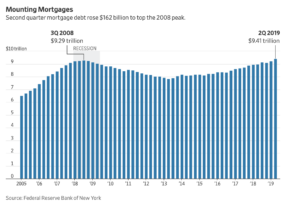Luke Nozicka reported on the front page of today’s Kansas City Star that, “Citing economic strains, a steak company that had been trying to add thousands of cattle to its feedlot near Powell Gardens, igniting a legal battle with residents, on Monday said it was closing.
“In a statement, Valley Oaks Steak Company said it would shut down immediately. The company, which launched in 2016, said it had become a ‘lightning rod for individuals and organizations opposed to animal agriculture operations.’
“‘For the future of all Missourians, urban and rural, we hope that people will rely on the science of modern agricultural techniques and methods, and not be swayed by persons and organizations who sow seeds of fear and distrust for their own personal gain and profit,’ the company said in the statement.”
The article noted that, “Valley Oaks planned to become a local ‘hoof-to-table’ supplier. But the company faced neighbor opposition when it applied for a permit to allow its feedlot to expand from 999 cattle to 6,999.
“Dozens of Jackson County property owners filed a lawsuit last month that contended they could not escape the odor emanated by the company’s operations. They said they were fed up with the insects, increased traffic and other quality of life issues.
“Kenneth McClain, an attorney for the 141 property owners, said his clients were pleased with Valley Oaks’ decision and described the company as having done the right thing. He said his clients will ‘no longer feel like prisoners in their own homes.'”
The Kansas City Star article also indicated that, “McClain said his firm was assessing the pending lawsuit, saying the company’s decision to close stopped future nuisances to nearby residents but did not resolve previous damages. And, he said, it does not prevent another company from opening there.”



